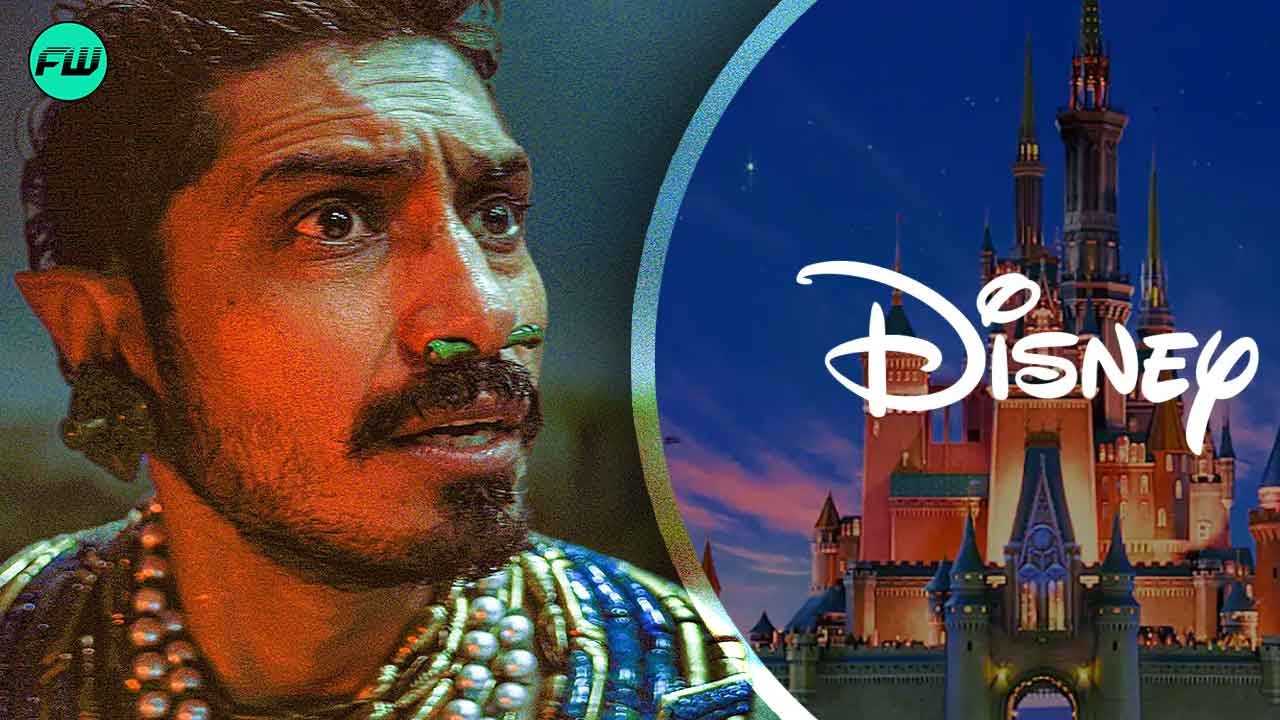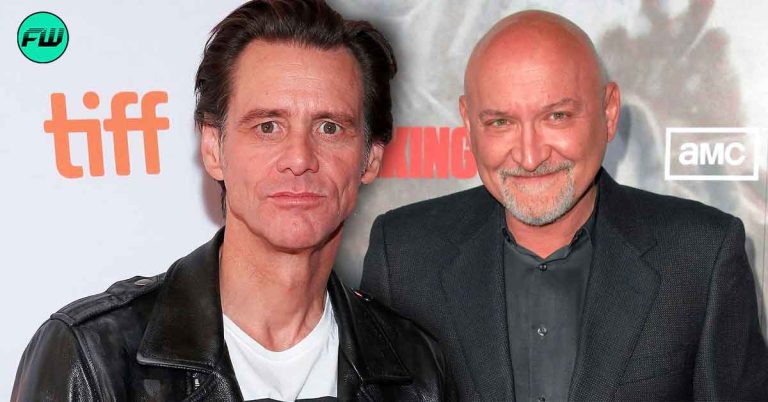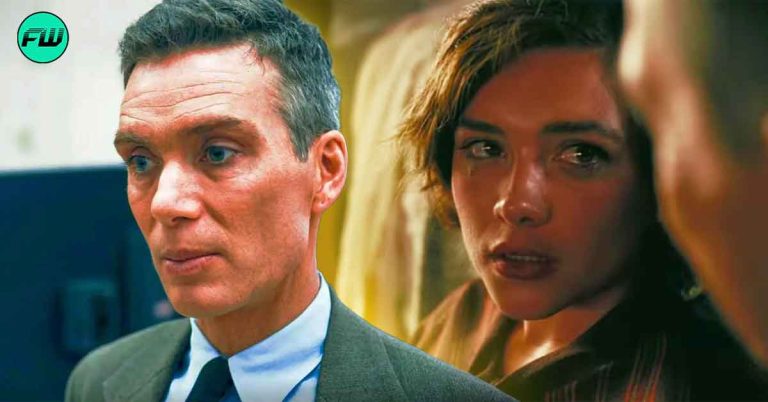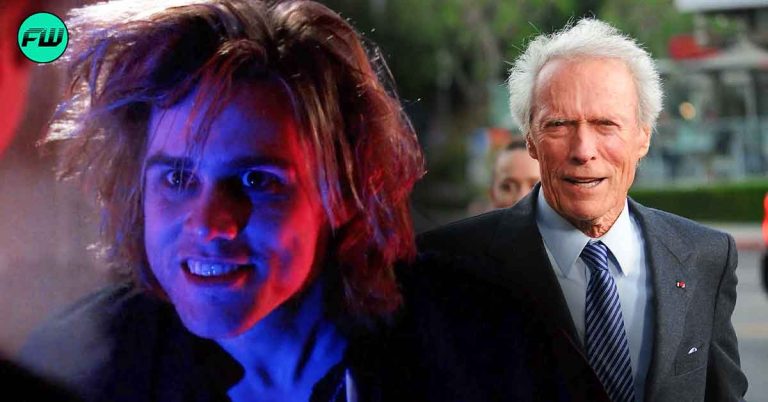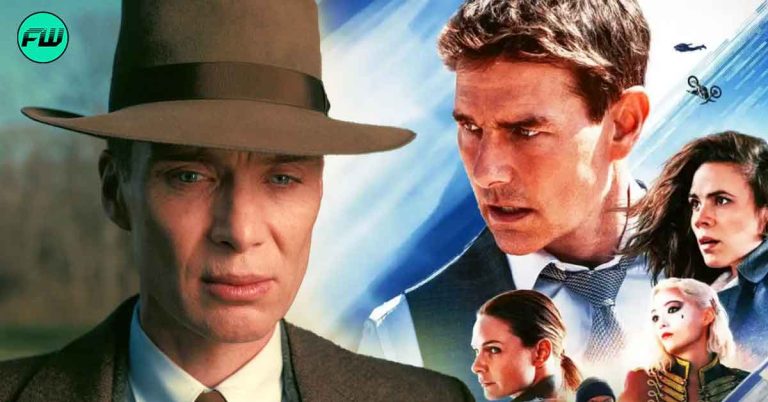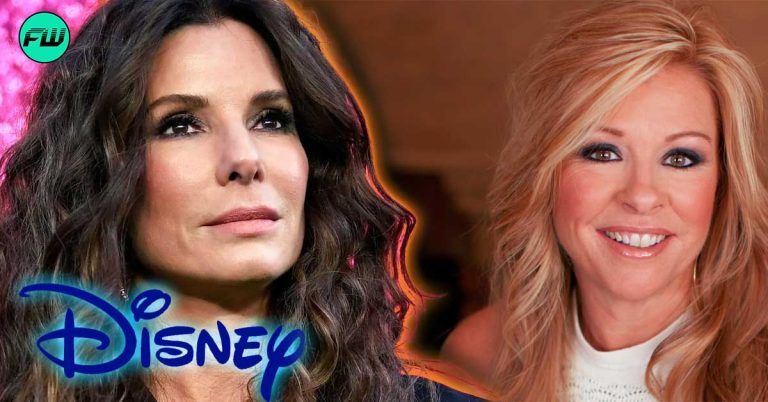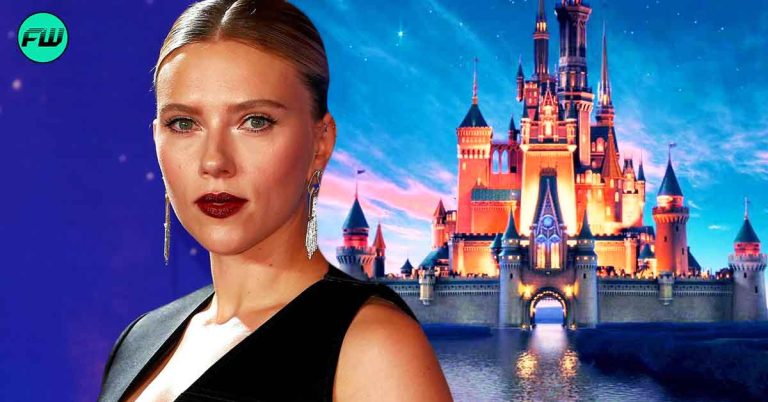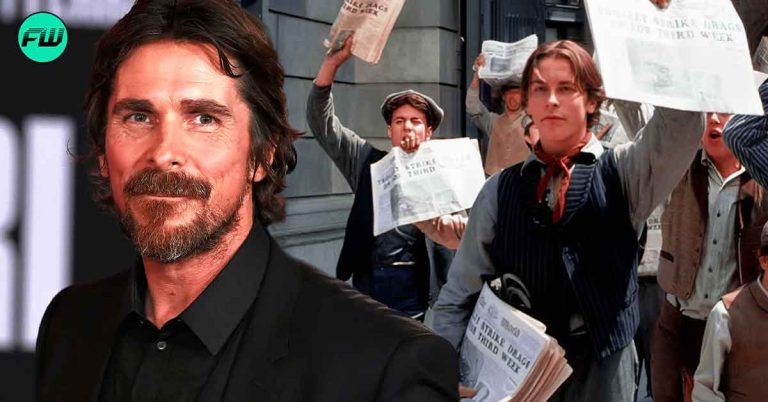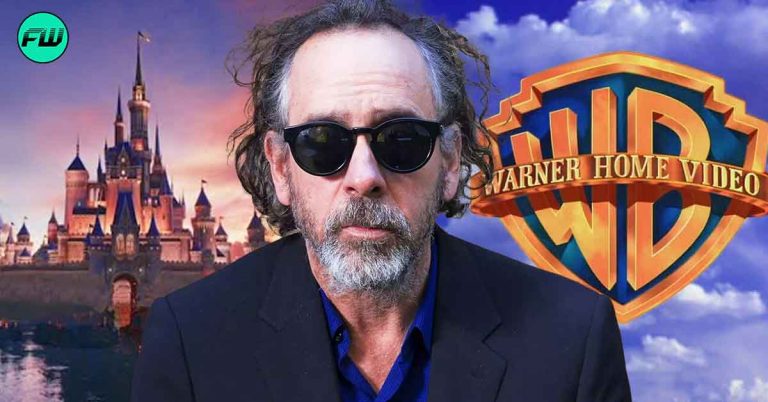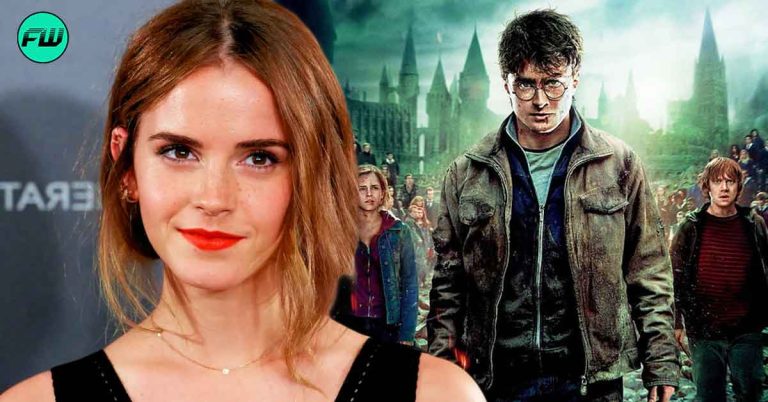Black Panther: Wakanda Forever‘s success has been attributed to many things, one of the most important aspects being Namor’s representation and arc in the narrative. Played out in its most formative mold, Namor steps into the fray as the newest player and the oldest being who is also debatably the most powerful, just, and fiercely vicious when it comes to protecting his people and his underwater nation of forgotten exiles.
Grand in its own narrative, the culturally rich and historically significant character won the attention of the fandom in a single show of power when he rose from the sea alone at night to offer an ultimatum to the Wakandan royalty.
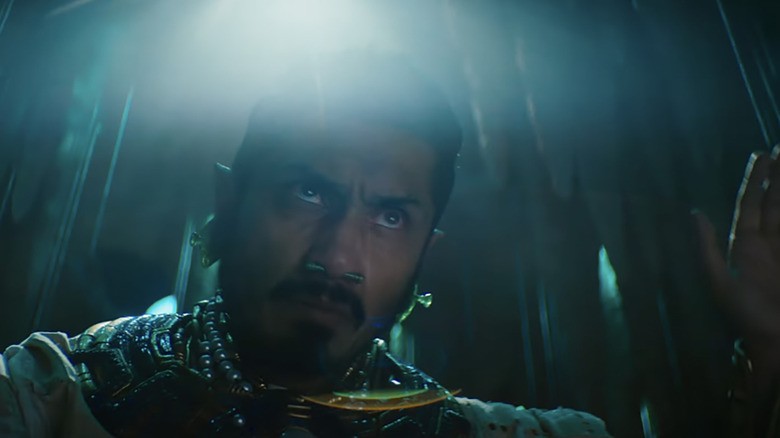
Marvel’s Survival Strategy Comes Back to Haunt the Studio
The fans have been enslaved by Tenoch Huerta Mejía. The masochistic love that the fandom holds out for the nemesis of Wakanda comes mostly due to the Namor actor’s powerful performance in the Phase Four MCU film. And with great power comes great demand for an immediate solo project. The problem, however, for Disney-owned Marvel Studios is the legalities over the mutant anti-hero’s possession which unfortunately happens to belong to Universal. Like the Hulk, Namor too is lost to the other production company and although he can visit the Marvel mainstream universe, he can never really belong here in permanence.
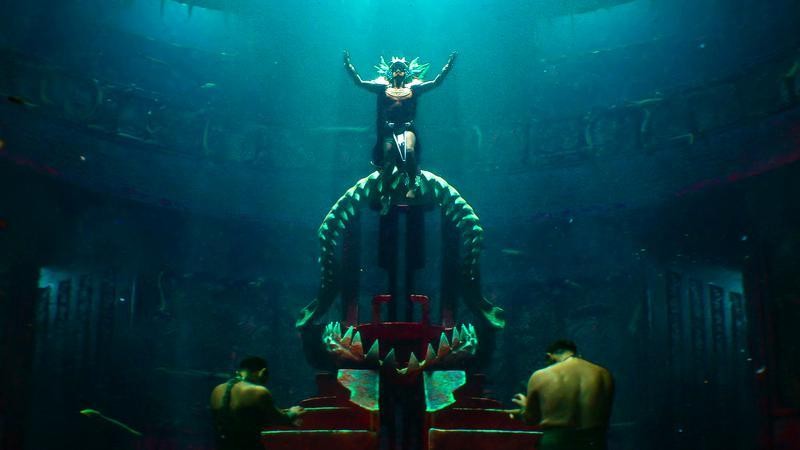
Like a true outcast and a son of both the land and the sea, Namor — a creature of two worlds — now faces a tug-of-war between Marvel and Universal. Sadly for the fandom, the 90s were cruel to Marvel, and in an attempt to survive bankruptcy, the character’s IP was pawned off to the highest bidder along with numerous others like Hulk, Spider-Man, Venom, X-Men, and the Fantastic Four. In light of Marvel Studio’s current worth, the MCU’s vast world-building, and expansive stratification, characters such as these have become inherently essential for the plot, and yet, legalities bind them from participating in the MCU according to Kevin Feige’s whim and fancy.
Nate Moore Talks Legally Binding Terms of a Namor Solo Film
The Namor solo film would require the Marvel Studios to buy back the rights from Universal, but granted that it’s not essentially a live-action Monopoly, the intricacies of the business deal will be much more complicated to skirt through. For Kevin Feige & Co., finding a loophole in Universal’s ownership over the IP was easier and more feasible for the short-term plans that were put in place for the Wakanda Forever crew. Nate Moore talks about what it means for Disney to not own Namor and how shifting a few building blocks around helped Marvel to bring the character to the screens.
“It honestly affects us more, and not to talk too much out of school, but in how we market the film than it does how we use him in the film. There weren’t really things we couldn’t do from a character perspective for him, which is good because clearly, we took a ton of inspiration from the source material, but we also made some big changes to really anchor him in that world in a truth that publishing never really landed on, I would argue, in a big way.”
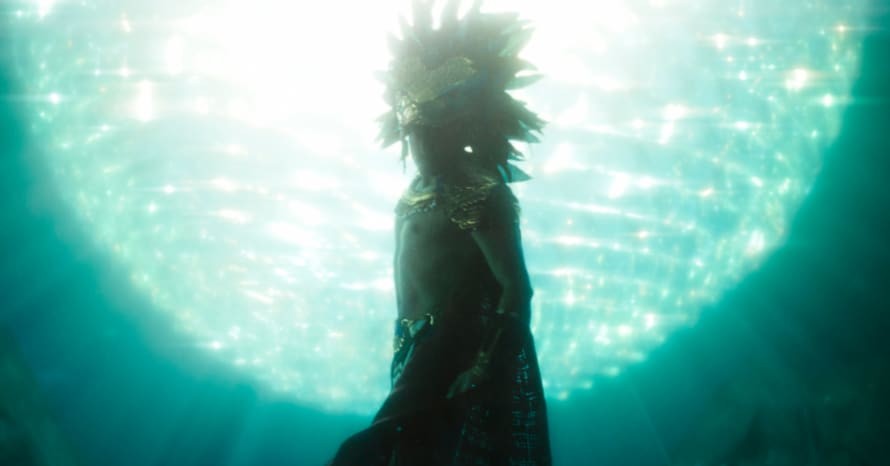
With Universal still owning the character’s distribution rights, it looks like Namor will have to be Marvel’s “something borrowed, something blue” until an agreement can be reached between the two studios over its ownership. Unlike the Sony x Marvel deal that allows for solo Spider-Man films within the MCU, Namor’s complicated history with the live-action world is also very confusing. For now, Feige has worked a way around the problem but due to the stringent laws surrounding a character’s IP, not much can be done in terms of a solo film about the cranky ole mutant king.
Black Panther: Wakanda Forever is now playing in theatres.
Source: The Wrap

